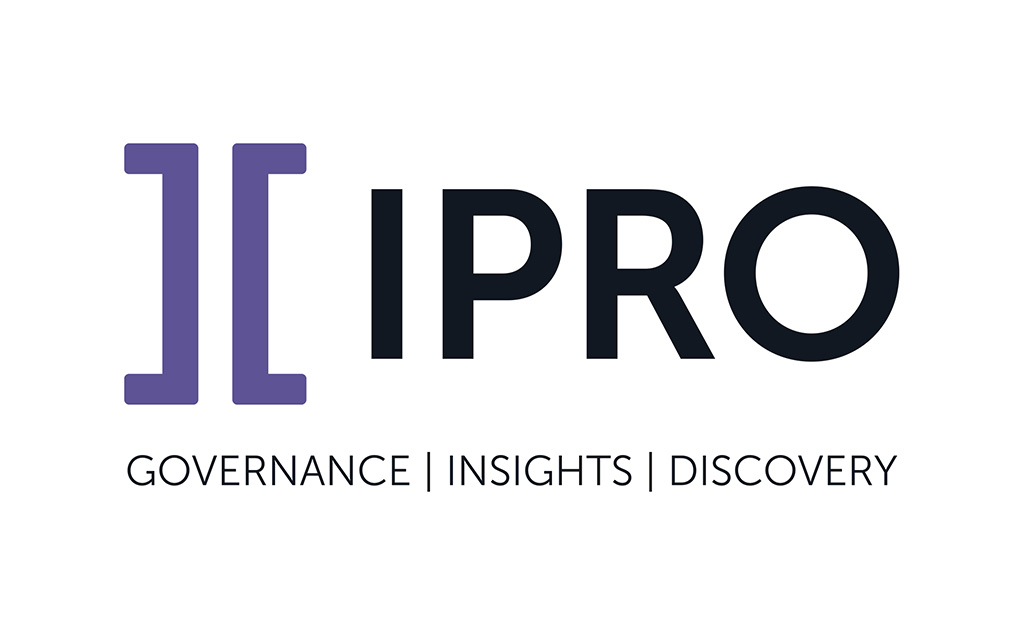
Now You See the Evidence, Now You Don’t
Written by Doug Austin, Editor of eDiscovery Today
When it comes to eDiscovery, lawyers have plenty of challenges to deal with – including challenges to address even before the case is filed. Add “disappearing evidence”(!) to that list of challenges.
If you read this blog regularly, you know that collaboration apps have become a popular source of ESI in many eDiscovery cases. I wrote about it here, and IPRO even conducted a webinar about it back in November. The popularity of apps like Slack and Teams for communication within organizations and extending to partners and clients have added another source of potentially responsive ESI to preserve and collect. But not all collaboration apps are created the same. Some are ephemeral messaging apps, which only preserve the communication for a short while after it has been sent and read, then automatically deletes that message. Snapchat is certainly one of the most popular apps that fits that description; Confide, Wickr, and Threema are other examples. With ephemeral messaging apps like these, the message disappears anywhere from a few minutes to a few days. Now you see it, now you don’t!
As you can imagine, evidence that automatically disappears when you have a duty to preserve can be very problematic. One recent case (which was part of the “Five Must-Read eDiscovery Cases from 2020” that I wrote about on this blog here) was WeRide Corp. v. Huang et al. where terminating sanctions were issued against most of the defendants in the case. One of the reasons was that the defendant’s CEO requested that the employees begin to use an ephemeral messaging app (DingTalk) after the preliminary injunction was issued. Needless to say, that action (along with other spoliating activities) met the standard of “intent to deprive” in the eyes of the court in this case necessary for severe sanctions.
With that in mind, here are a couple of recommendations with regard to ephemeral messaging to consider:
- If You Insist on Using Ephemeral Messaging Apps, Have a Plan for Litigation: There’s no issue to communicating using ephemeral messaging if you don’t have one or more active cases with a duty to preserve. However, once that duty exists, continuing to use such an app to communicate could be a sanctionable act if those messages could be discoverable in litigation. If your organization insists on using an ephemeral messaging app, you need to have a backup collaboration app to switch to using during litigation. But why would you want to force your employees to learn to use two apps if you don’t have to do so? The better approach is to not use them at all, then you don’t have to switch apps if you’re under a duty to preserve.
- Remember That Any Communication App Can Be Set as Ephemeral: Just because a collaboration app isn’t ephemeral doesn’t mean that it can’t be set to automatically delete messages after a period of time. Any communication app can be set to delete messages after a period of time, including Slack or Teams and text messaging apps like iMessage. Many organizations suspend auto-delete policies for emails during a litigation hold, but some of them fail to extend that to other forms of communication. So, it’s important to suspend automatic deletion for collaboration and text apps as well, either via your IT department (if it has that control) or via communication to custodians with clear instructions to suspend automatic deletion in apps where they have control (such as BYOD devices).
Next week, I’ll talk about a terrific new resource with discussion of the issues associated with ephemeral messaging apps and what to do about them!
Just a reminder that IPRO has partnered with the Association of Certified eDiscovery Specialists (ACEDS) to conduct a Law Firm Snapshot Survey to create an industry benchmark going into the new year. The survey is a twelve-question survey covering various topics and literally takes a minute to complete and you can even fill it out anonymously. Here’s the link to the survey it’s in its final days, so please check it out!
IPRO and ACEDS will be conducting the webinar titled Unpacking the IPRO and ACEDS 2021 Law Firm Snapshot Survey on Tuesday, February 23rd at 1pm ET to review the results. Mike Quartararo, President of ACEDS, Aaron Swenson, Director of Product at IPRO, and Jim Gill, LegalTech Industry Writer, will discuss the survey results and what they reveal about the state of the industry in 2021. Even if you’re not participating in the survey (if not, why not?, unless you don’t work for a law firm, of course), you’ll want to check out the survey results.
For more educational topics from Doug Austin related to eDiscovery, cybersecurity and data privacy, follow, eDiscovery Today! And as part of the continued educational partnership between IPRO and eDiscovery Today, he’ll be here in the IPRO Newsroom next week with more educational content!



